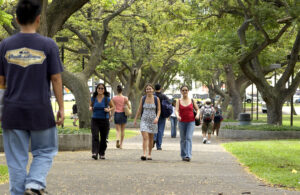We investigate sibling correlations in youth health status using the Panel Study of Income Dynamics. We do so by estimating the covariance structure of a system of equations in latent variables using methods that have hitherto not been used in the literature on intergenerational transmissions of health. Across a battery of outcomes, we find that between 50 and 60% of health status can be attributed to shared familial or neighborhood characteristics. Taking the principal component across all outcomes, we obtain a sibling correlation of about 53%. These estimates, which are larger than previous estimates of sibling correlations in health that rely on linear models, are more in-line with sibling correlations in income and suggest that health status, like other measures of socioeconomic success, is strongly influenced by family background.





